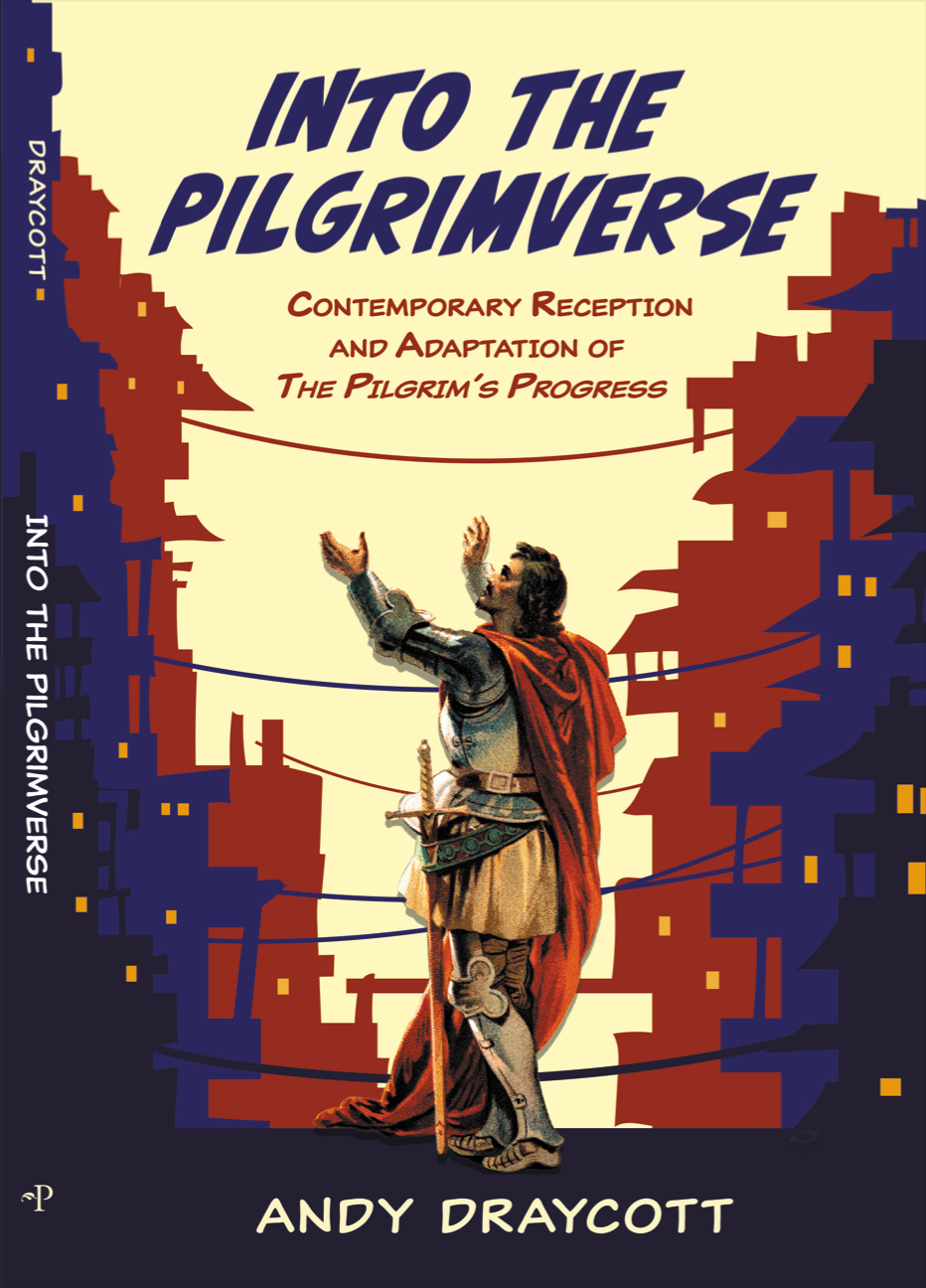The Tale of the Wandering Epigraph, Part 2 of 2
- andydraycott7
- Apr 23, 2024
- 3 min read
"It is always hard to see the purpose in wilderness wanderings until after they are over."
As mentioned in the first of these two blogposts, John Bunyan did not write the above words.
Let's give the credit appropriately right away. These are the words of C.J. Lovik from his endnotes to chapter four of his revised and illustrated edition of PP for Crossway (2009). The updated text of the book, for this is a revised and updated English version, is copyrighted to Lovik. Elsewhere, in a further elaboration of his love of the gospel and Bunyan's allegory, Lovik remarks in his Foreword to his The Sojourner's Adventures Through The Pilgrim's Progress that his editing of Bunyan's text altered over 35% of the work.(vii)
But Lovik does not insert this quotable phrasing about "wilderness wanderings" into his edition as if it were a light editing of what Bunyan wrote. In fact, this sentence comes at the bottom of a paragraph in his endnote 5 to his chapter 4 dealing with the Valleys of Humiliation and the Shadow of Death, (p. 231). The device of using Endnotes clearly distinguishes Lovik's interpretative commentary from his interpretive textual editing, and from Bunyan's biblical references which are given as footnotes below the main text throughout.
So has Ruth Harris for her book on a Hindu guru, or have scholars researching patterns in career guidance, or devotional writers and their researchers, all been reading Lovik's endnotes and then deliberately passing his words off as John Bunyan's? This seems highly improbable. The range of usage could all result from each reading Lovik, but there is a much more likely culprit for the momentum generated for this false epigraph.
Remember that a simple google books search for this phrase will lead a researcher, on the very first results page, to Lovik's book. But if you do not already know PP you may well not recognize that the words are not Bunyan's. So you wouldn't be testing them with a simple google search anyway. And, if over time, the words are repeatedly attributed to him, it would be no surprise if a kind of herd mentality supported usage and ascription, particularly as this spreads online. Everyone else says he wrote it, in fancy and well regarded presses, or with Christian publishers. It must be right?!?
So where in fact does the error come from? As far as I can make out, without sophisticated analytic or algorithmic understandings of the internet, here's my verdict:
Goodreads. The Pilgrim's Progress Quotes or John Bunyan Quotes If you scroll down either of these lists, you will find the quote, and the give-away sourcing from Lovik, and not any spurious Bunyan:

See that 6, weirdly located a line below in completing the quote. Remember that the sentence was from the end of Lovik's endnote 5 for his Chapter 4. This is the give away.
I have both printings of Lovik's edition (2009, 2019):

So whoever it was, and however a reader uploaded Lovik's quote onto Goodreads, they left the numeral indicating the following endnote hanging at the end of their upload.
A quick search tells me that A-Z Quotes; Quotefancy; Bookey; BrainyQuote; GraceQuotes all do not have this quote among their list of John Bunyan quotes. Readthistwice repeats the Goodreads false attribution.
So, the lesson here, for me and my students, is check your source for your epigraphs and quotations. I would add, particularly if you are aware that it comes from outside your own expertise. And if you source from a popular website, cross reference it with multiple others so that its exclusion elsewhere, given its 'quotability,' can be allowed to raise suspicions.
C.J. Lovik is to be commended for a phrasing that has proved so apt in a number of further writing ventures. At the same time, as a test of our influence-currency driven attentions, we could ask whether the quotation rightly attributed to Lovik would have been used in these other contexts? Or was it Bunyan's caché as author of a classic that was sought? If epigraphs effectively function as, in this case, posthumous celebrity endorsement of a theme or train of thought or image employed by a writer, what might it say about the value of the exact same words once properly attributed to the less famous, but true, author? Or the value of the exercise of providing epigraphs at all?



Comments